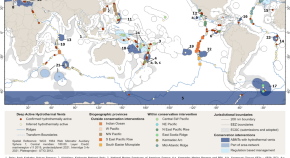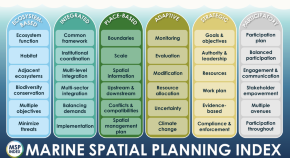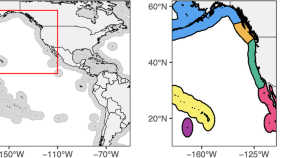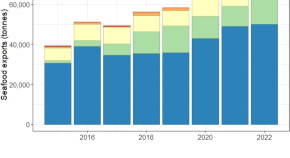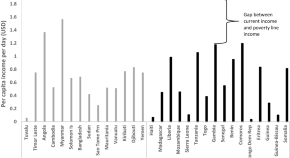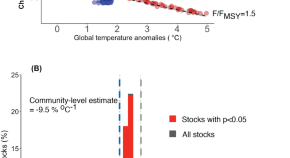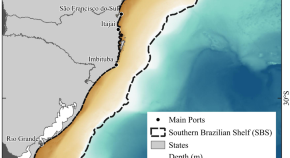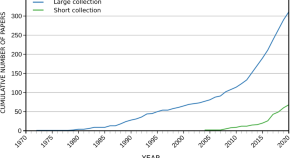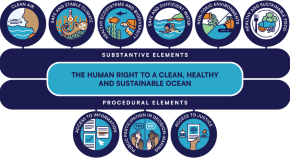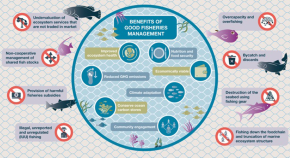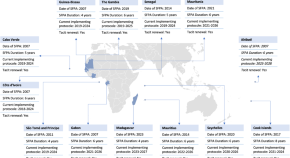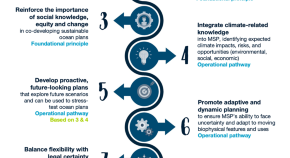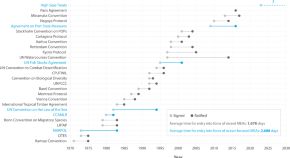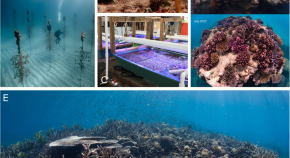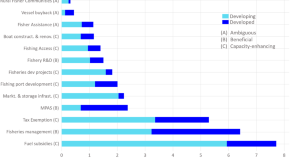Featured
Announcements
-
-
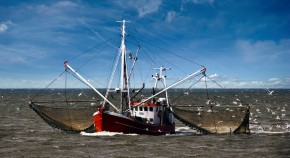
New Collection: Distant Water Fishing Fleets
Open for submissions -
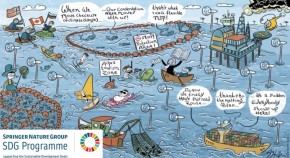
New Collection: Climate-Smart Ocean Planning
Open for submissions -

New Collection: Bridging Land and Seascape Restoration
Open for submissions
Advertisement
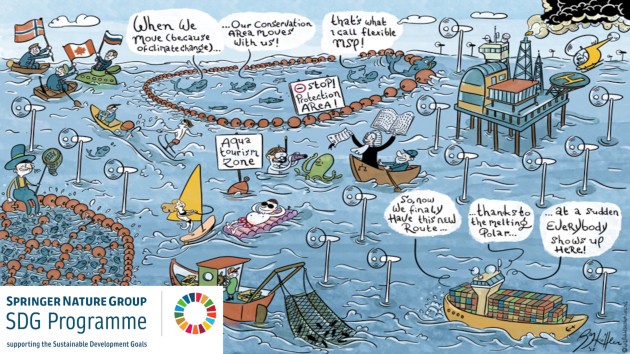
Moving towards Climate-smart Ocean Planning
Marine spatial planning initiatives need to become climate-smart — properly integrating climate change — to be sustainable equitable and relevant under a changing ocean.
Trending - Altmetric
-
Mental health contribution to economic value of surfing ecosystem services
-
The human right to a clean, healthy and sustainable ocean
-
Beyond boundaries: governance considerations for climate-driven habitat shifts of highly migratory marine species across jurisdictions
-
Balancing protection and production in ocean conservation


